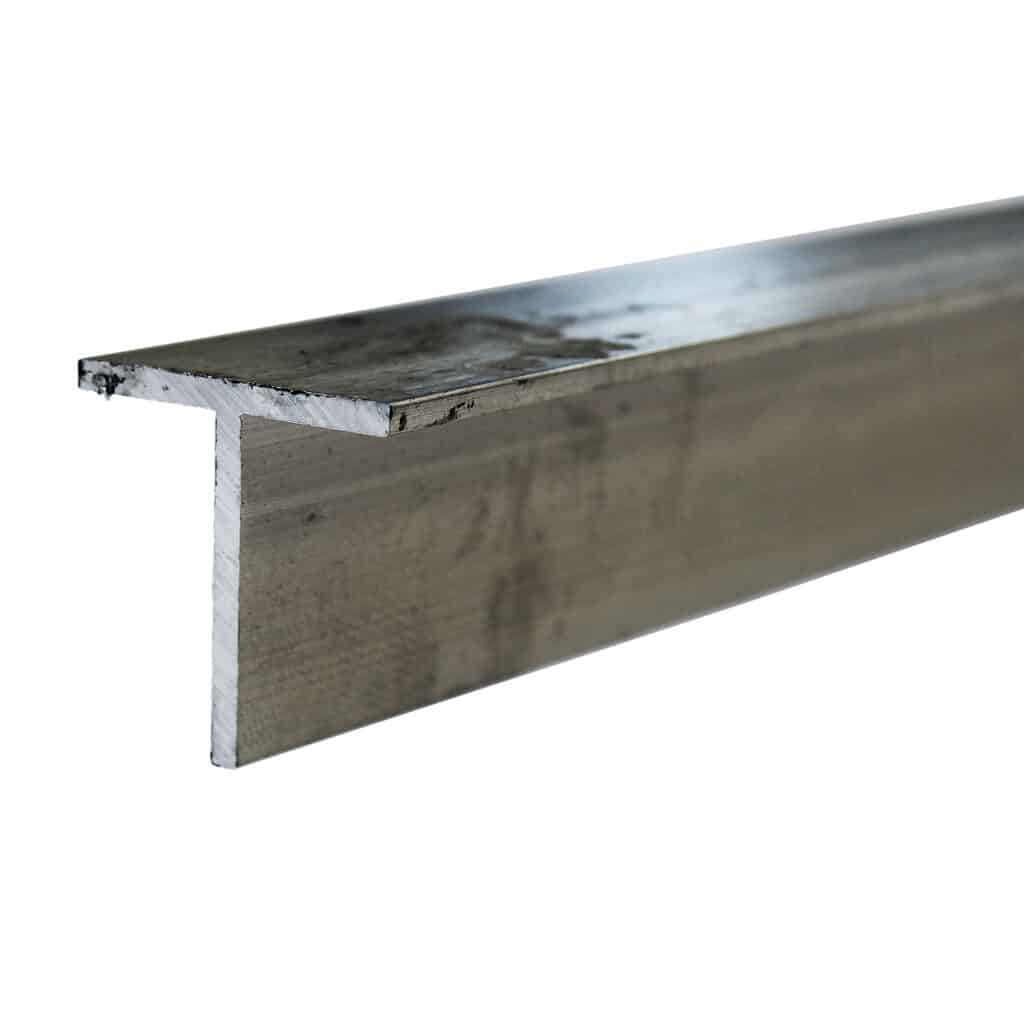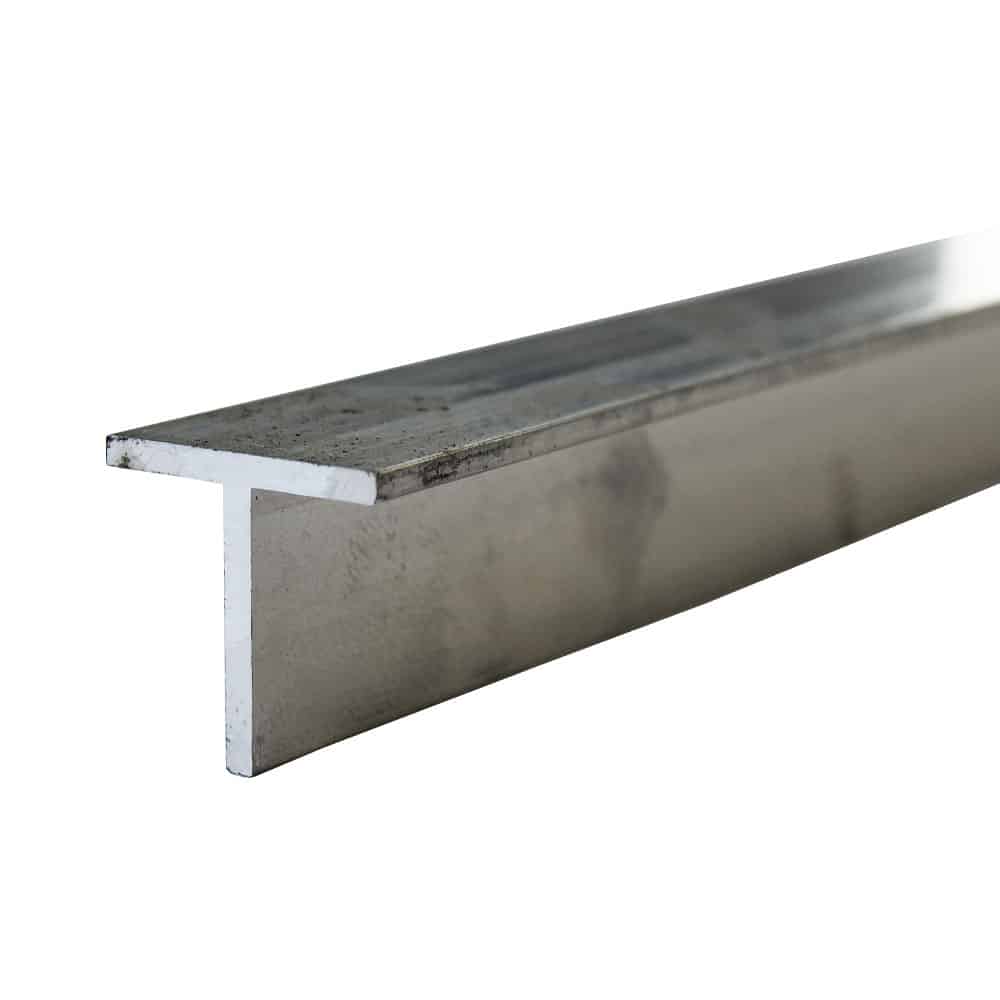- Massive Range
- FREE UK Delivery
- Rapid Dispatch
- Massive Range
- FREE UK Delivery
- Rapid Dispatch
- Massive Range
- FREE UK Delivery
- Rapid Dispatch
Menu
£8.62 – £14.25 inc VAT

Looking for a reliable and cost-effective solution for your metal tubing needs? Look no further than the 25mm x 2mm Mild Steel Tubing ERW Round Tube by Speciality Metals! This round tube is not only durable and versatile, but also recyclable, making it a sustainable choice for your projects. Plus, it boasts excellent welding, forming, bending and machining abilities, making it easily customisable to your exact specifications. Available in various lengths, this round tube is a great choice for a wide range of applications. So why wait? Invest in a product that’s both reliable and environmentally friendly with Speciality Metals’ Mild Steel Tubing ERW Round Tube.
25 x 2mm mild steel round tube is used in many structural and engineering applications. The size refers to the outside diameter and then the thickness of the wall.
ERW means Electric Resistance Welded. ERW tube is made when steel strip is welded to form a tube shape. The tube is continuously seam welded which means that there is a neat weld running along the inside of the tube.
Mild steel round tube is widely used in a variety of applications and also comes in both square and rectangular options.
The 25mm diameter x 2mm thick Mild Steel Tubing ERW Round Tube offered by Speciality Metals is a noteworthy option to consider when it comes to your construction needs. Made of durable material, this round tube is not only versatile and cost-effective, but also fully recyclable. Its excellent welding, forming, bending and machining abilities make it a suitable choice for various applications, including construction, automotive and manufacturing. With the flexibility to choose from various lengths, you can get the perfect size for your project. So if you’re looking for reliable round tube for your next venture, this tubing option is worth a closer look.
Speciality Metals is known to be the United Kingdom’s best up-and-coming small-quantity metal company.
Furthermore we stock a vast range of round tube options that compliment our mesh range perfectly.
Over 50,000 customers of Specialty Metals are provided with fast, friendly customer service every year. We’re the place to try when you need metal of any shape and size. We’re based in Warrington, UK. We pride ourselves on our rapid turnaround and a large range of options.
Key information:
We also carry a wide range of mild steel sheet metal, angle iron and flat bar.
Mild steel is a quality strong metal. However it is not rust proof and may do so over time. Please use galvanised or stainless steel if you need resistance to rust. If this metal tube does show signs of rust then simply remove this with WD40 or fine sanding.
The grade of plain steel that we have available has mechanical properties that provide excellent machinability, formability and weldability.
Mild steel can be welded and it’s also suitable for painting. Mild steel is a magnetic grade of metal. Magnets will stick to this sheet but it is not itself a magnet.
Yes, mild steel round tube can be threaded, but the process and considerations are a bit different than threading solid bar stock. Here’s a brief overview:
Wall Thickness: One of the most critical considerations when threading mild steel round tube is the wall thickness. Thinner-walled tubes may not have enough material to support robust threads, which could lead to weak connections or thread stripping. For tubes with thin walls, it’s often more suitable to use fittings or connectors designed for that purpose rather than threading the tube directly.
Internal vs. External Threading: You can either have external threads (threads on the outside of the tube) or internal threads (threads on the inside of the tube). For internal threading, the process can be a bit more challenging due to the confined space, but it is feasible, especially for larger diameter tubes.
Threading Method: There are various methods for threading, including die-cut threading, lathe threading, or using a dedicated threading machine. The choice of method usually depends on the equipment available and the specific requirements of the job.
Preparation: The ends of the tubes should be cleanly cut and free of burrs before threading. This ensures that the threading tool can start cleanly and produce well-formed threads.
Protective Measures: Once the tube is threaded, it’s essential to remember that the area with the threads might be more susceptible to corrosion, especially if the protective coating on the tube (like galvanisation) has been compromised. It might be a good idea to apply some form of protection, like a rust-preventative coating, to the threaded area.
Alternative: If direct threading is not suitable or feasible, another common method to achieve a threaded connection with tubing is to weld a threaded fitting or coupling to the end of the tube. This provides a robust connection suitable for many applications.
In all cases, it’s essential to ensure that the threads are cut correctly and that appropriate connectors and fittings are used to achieve a secure connection.
Mild steel round tube, while durable and versatile, is not typically the first choice for direct food contact in processing equipment. The main concern with mild steel in such applications is its susceptibility to corrosion, especially when exposed to water and certain food substances. Corrosion can lead to the leaching of iron into the food product, which could impact taste and safety. Additionally, corroded surfaces can become rough and harbor bacteria, potentially compromising hygiene standards.
For food processing equipment, stainless steel is often the preferred material. Stainless steel’s resistance to corrosion, even in acidic or alkaline food environments, makes it an excellent choice for ensuring cleanliness and food safety. It is also easy to clean and sterilize, essential attributes in the food processing industry. That said, mild steel could be used in components of food processing equipment where there is no direct contact with the food, especially if the steel is protected with a suitable, food-safe coating or liner. Always ensure that materials meet the regulatory requirements for food safety in the intended application.
Warping of mild steel round tube when welding is a common issue that results from the localised heating and cooling of the material. Here’s how you can minimise or prevent warping:
Preheat the Material: Preheating the steel to a uniform temperature can help reduce the temperature gradient between the welded area and the rest of the piece. This reduces the stresses that can lead to warping.
Use Tack Welds: By using tack welds at intervals along the joint, you can hold the pieces in alignment as you complete the weld. This helps prevent the materials from shifting out of place as they heat and cool.
Control the Heat Input: Using a welding process that allows control over the heat input and using a welder with a uniform heating capacity can help prevent excessive heat in localised areas.
Weld in a Sequence: Welding in a balanced sequence, rather than all at once, can minimise distortion. This might involve welding a small section on one side, then moving to the opposite side and repeating the process.
Use Fixtures or Clamps: Fixtures, jigs or clamps that hold the material in place during welding can prevent movement and minimise warping.
Allow Slow Cooling: After welding, letting the piece cool slowly and uniformly can help reduce stresses that cause warping. This may involve covering the welded piece with insulation materials.
Use Fillers with Similar Coefficients of Expansion: Using a filler material with a thermal expansion coefficient close to that of the mild steel will reduce the stresses between the weld material and the base material.
Use Proper Joint Design: The design of the joint and the selection of the weld bead sequence can have a significant impact on warping. Consult with a welding engineer or refer to a welding handbook for specific recommendations on joint design for your application.
Post-Weld Treatment: If some warping does occur, it might be possible to correct it with controlled heating, bending or machining after the weld is complete.
Remember, the exact approach can vary depending on the specific situation, such as the thickness of the material, the type of weld and the application’s particular requirements. Always follow the best practices for the welding process you are using and consult with experienced welders or welding engineers if you have specific concerns or questions.
Check out our blog discussing ‘What is Steel Box Section?‘. It will prove a useful read to help you to make an informed decision on which material would work best for you.
We are also very proud of our ever expanding YouTube channel.
Our goal for our blogs and help guides is to answer as many questions as possible to help to explain the possibilities of mesh to our customers. Contact us today if you have any questions at all. We are always really keen to help in any way that we can.
We are also very proud of our highly popular eBay store, check us out there too.
£16.49 – £44.99 inc VAT
£15.49 – £39.99 inc VAT

£16.49 – £44.99 inc VAT

£15.49 – £39.99 inc VAT
Speciality Metals
Unit 1, Farrell Street, Warrington,
Cheshire, WA1 2WW, United Kingdom
Quick Links
Payment Options
